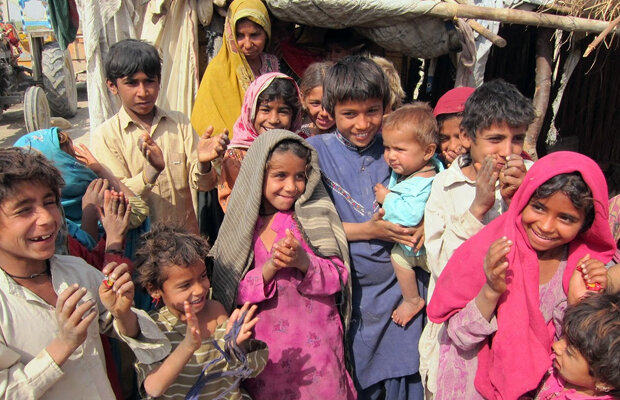
Similar Posts
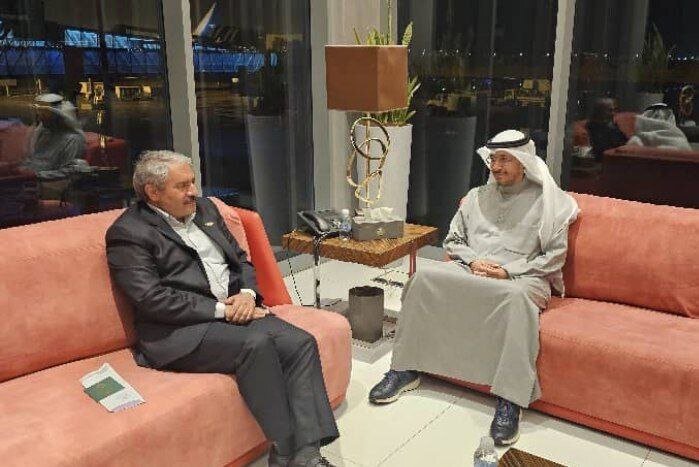
Iran Takes Center Stage at 38th ROPME Executive Committee Meeting: A Key Player in Regional Environmental Cooperation
Ahmad-Reza Lahijanzadeh from Iran’s Department of Environment attended the 38th executive committee meeting of the Regional Organization for the Protection of Marine Environment (ROPME) in Kuwait, focusing on marine conservation in the Persian Gulf and Sea of Oman. ROPME, established in 1979, includes seven member states and emphasizes regional cooperation for environmental sustainability. Key discussions highlighted the need for coordinated efforts to address challenges facing marine resources. Iran proposed a regional biodiversity center and a strategic roadmap for marine conservation. Furthermore, Iran’s ambassador to Kuwait underscored the importance of collaboration to tackle pollution from maritime activities, aiming for a healthier marine environment.
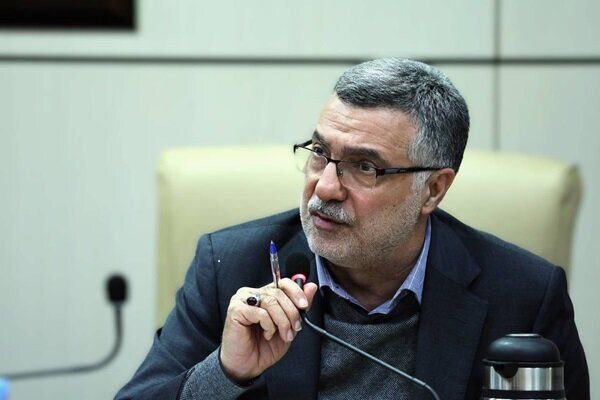
Health Minister Set to Represent Nation at 78th World Health Assembly: Key Global Health Initiatives Ahead!
An Iranian delegation, led by Health Minister Mohammad-Reza Zafarqandi, will attend the 78th World Health Assembly (WHA) from May 19 to June 27 in Geneva. The theme, ‘One World for Health,’ focuses on global solidarity and equitable health access amid emerging challenges. Zafarqandi will present 35 documents on Iran’s health system and engage in discussions on various health priorities. A key agenda item is the Pandemic Agreement, aimed at enhancing global pandemic preparedness. The assembly will also address sustainable financing, proposing a 20% increase in membership fees for the upcoming Program Budget 2026-2027, crucial for advancing global health initiatives.
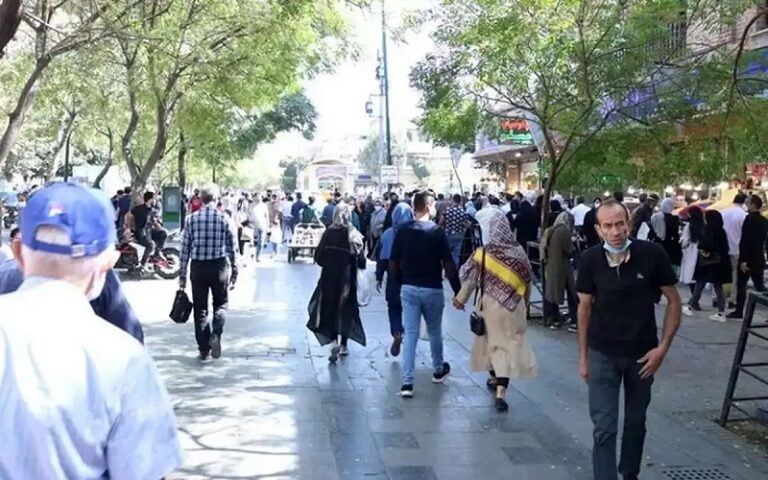
Iran’s Poverty Crisis: Unraveling the Impact of Economic Mismanagement and Policy Failures
Poverty has emerged as a critical challenge in Iran, exacerbated by government mismanagement and ineffective policies. Recent estimates indicate that between 22% and 30% of the population lives below the poverty line, struggling to meet basic needs. Ebrahim Sadeghifar highlighted that economic hardships lead to rising crime and educational dropouts, with many families falling into extreme poverty. The government prioritizes funding for religious and military institutions over citizens’ welfare, contributing to a sharp decline in living standards. As Iran faces escalating inequality and economic decline, urgent action is needed to address these pressing social issues.
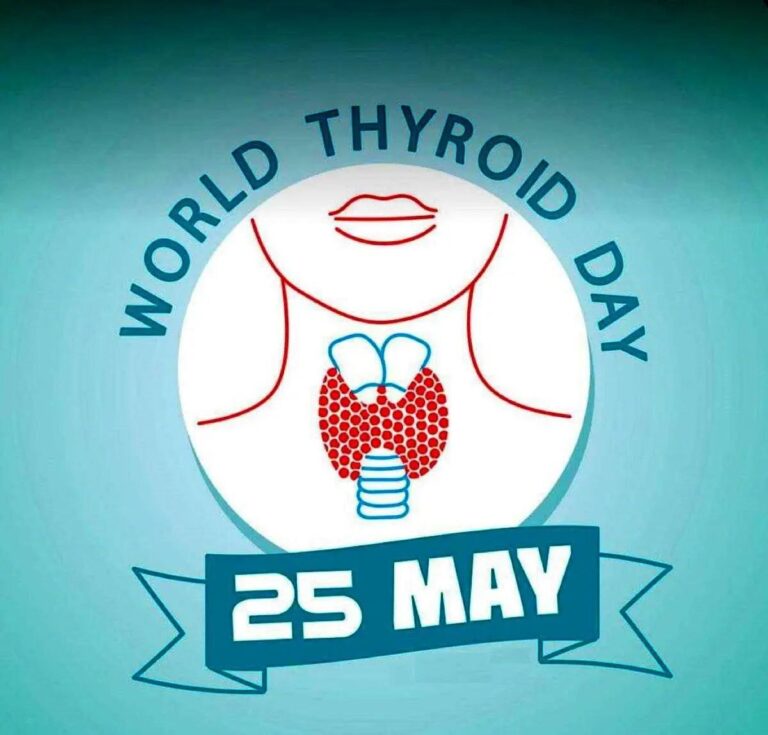
Unlocking Health: The Crucial Role of Regular Testing in Diagnosing Thyroid Dysfunction
Regular thyroid function testing is essential for identifying and managing thyroid diseases, which significantly affect overall health. The thyroid regulates metabolism and development, with women particularly at risk for disorders like hypothyroidism and hyperthyroidism. Symptoms of hypothyroidism include fatigue and weight gain, while hyperthyroidism may cause nervousness and weight loss. Effective management relies on consistent monitoring and medication adjustments. World Thyroid Day, observed on May 25, raises awareness about thyroid health and the importance of regular screening. Maintaining thyroid health involves monitoring hormone levels, a balanced diet, and consulting healthcare professionals for symptoms.
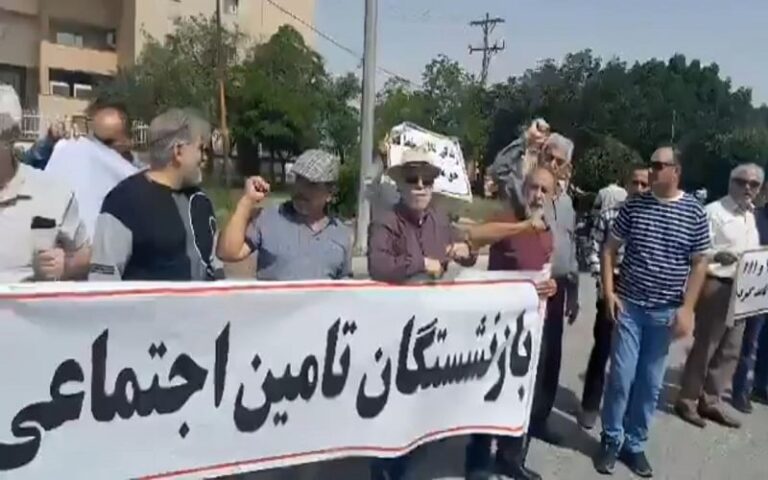
Iran’s Healthcare Crisis Escalates: Soaring Drug Prices Drive Patients to Abandon Treatment
Iran is experiencing a severe medication inflation crisis, with drug prices soaring by 100-600% in recent months due to government mismanagement and halted foreign exchange subsidies. Many retirees and workers can no longer afford essential medicines, leading to increased reliance on counterfeit drugs and treatment abandonment. Vulnerable populations, particularly the elderly, are disproportionately affected, with chronic illnesses becoming life-threatening. The healthcare system’s inadequacies violate constitutional guarantees of free medical care, while the regime prioritizes military and foreign interests over public health. As access to medications becomes a privilege for the wealthy, a healthcare catastrophe threatens the nation’s stability and moral fabric.
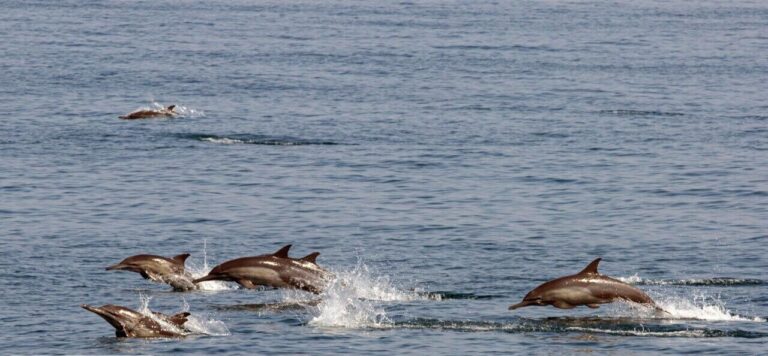
DOE and IFO Strengthen Partnership to Safeguard Aquatic Resources
The Department of Environment (DOE) and the Iranian Fishery Organization (IFO) are enhancing their collaboration to preserve Iran’s aquatic resources and biodiversity in the northern and southern seas. Key strategies discussed include protecting natural habitats like corals, restoring damaged coastal areas, and conserving mangrove forests. They also reviewed fishing regulations in the Sea of Oman, emphasizing compliance for fishing permits. Additionally, the DOE announced a comprehensive data bank on over 5,000 marine species to support biodiversity efforts. Ongoing initiatives include coral restoration, wetland registration, and monitoring marine environments, aiming for sustainable management of aquatic ecosystems.